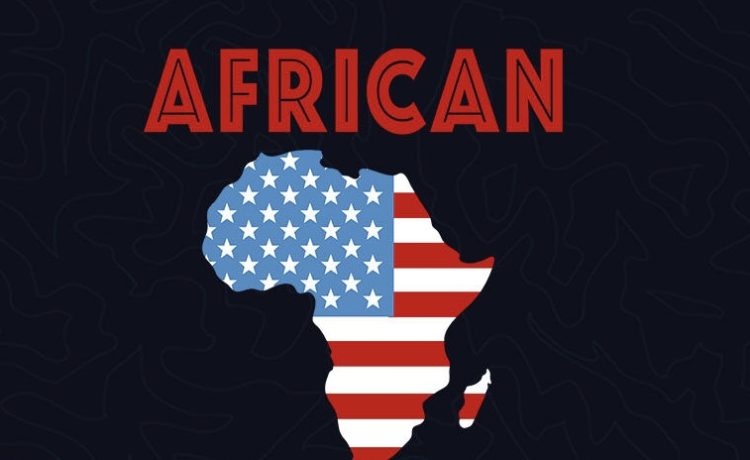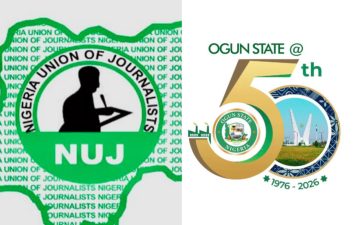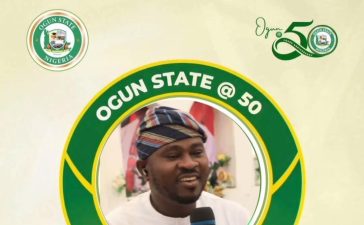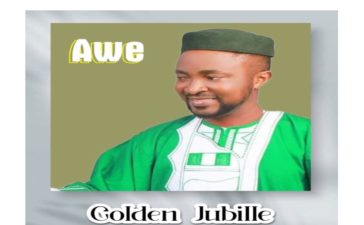- By Temitope Ajayi || Premier World News
Are These African Leaders Really Dictators? A Review of the U.S. Classifications and Historical Context.
For decades, several African leaders have been labelled as dictators by the United States through official statements, human-rights reports, sanctions documentation and international policy analyses.
These classifications, rooted in allegations of authoritarian rule, rights violations, corruption, and political repression, continue to shape global perceptions of leadership across the continent.
Below is a concise review of the African heads of state most frequently described by the U.S. as dictators.
- Idi Amin Dada – Uganda (1971 – 1979)
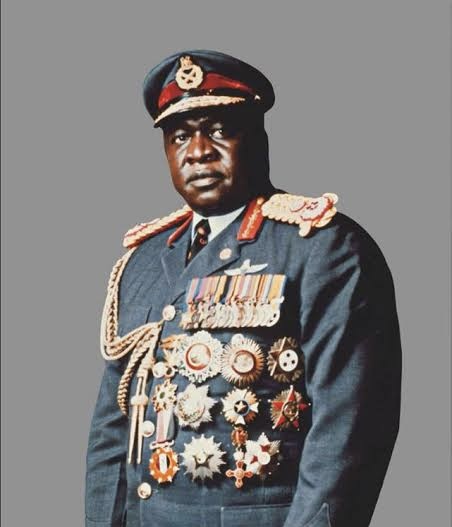
U.S. government human-rights reports and diplomatic records repeatedly described Idi Amin as a brutal military dictator. Washington severed ties with his regime and publicly documented abuses leading to his overthrow.
2. Muammar Gaddafi – Libya (1969 – 2011)
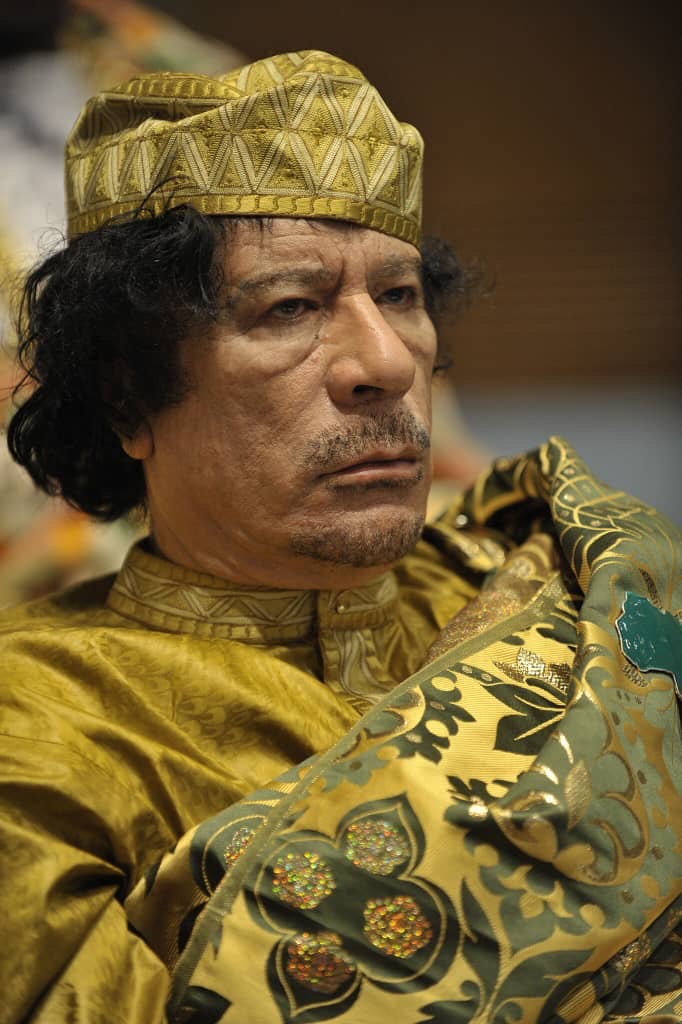
Successive U.S. administrations referred to Gaddafi as an autocratic dictator and a state sponsor of terrorism. His regime faced years of American sanctions and, later, U.S. supported international intervention in 2011.
3. Mobutu Sese Seko – Zaire / DR Congo (1965 – 1997)
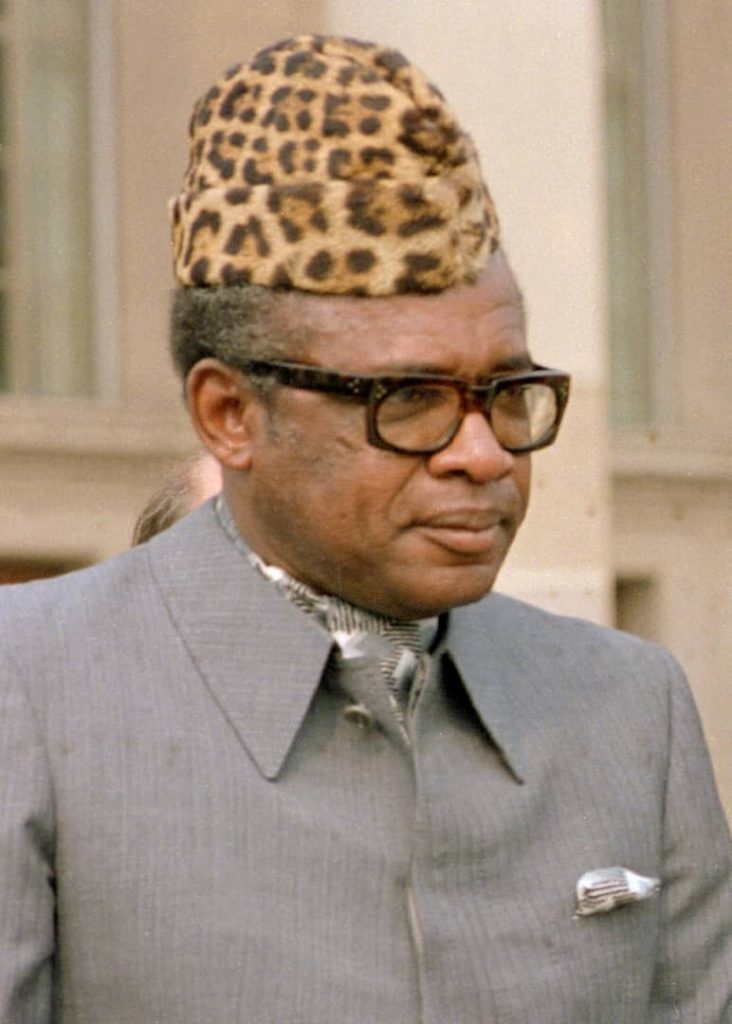
Mobutu was consistently described by the U.S. State Department and major American publications as a long-time dictator and an emblematic example of entrenched authoritarian rule in post-colonial Africa.
4. Sani Abacha – Nigeria (1993 – 1998)
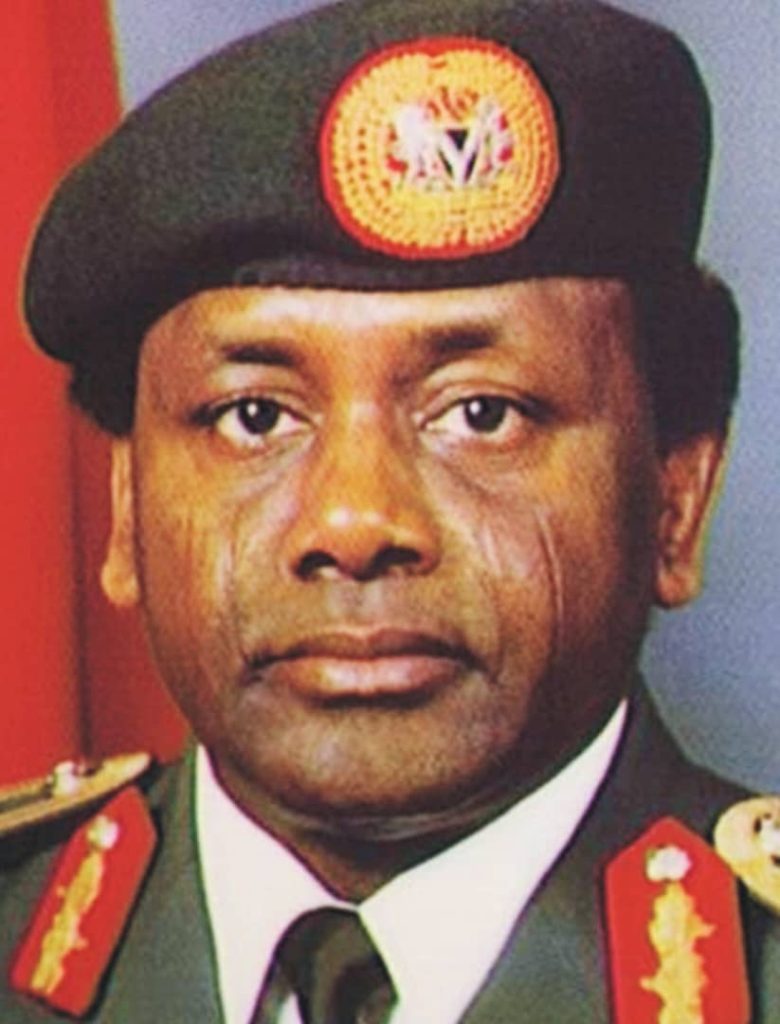
U.S. government materials frequently referred to Abacha as a dictator, particularly in relation to human-rights violations, political repression and the large-scale looting of public funds, much of which the U.S. pursued for repatriation.
5. Robert Mugabe – Zimbabwe (1980 – 2017)
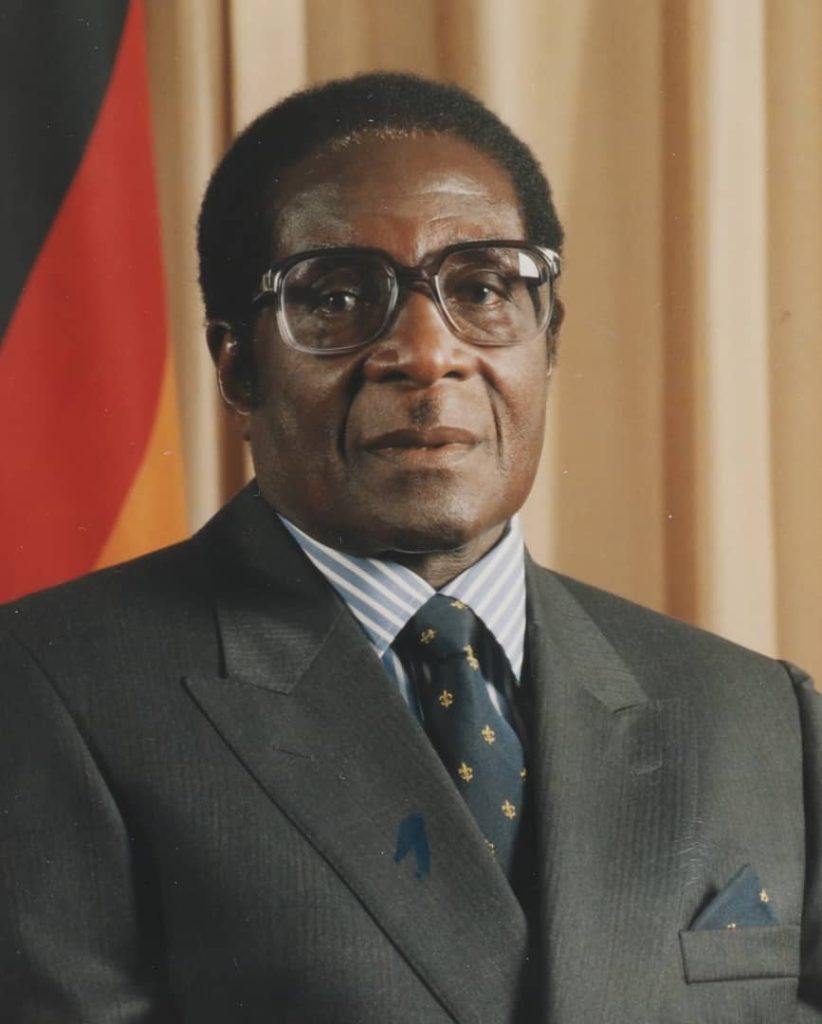
Though initially praised for liberation leadership, Mugabe’s later years were routinely characterized by U.S. officials as authoritarian and dictatorial, prompting targeted American sanctions on his government and allies.
6. Mengistu Haile Mariam – Ethiopia (1977 – 1991)
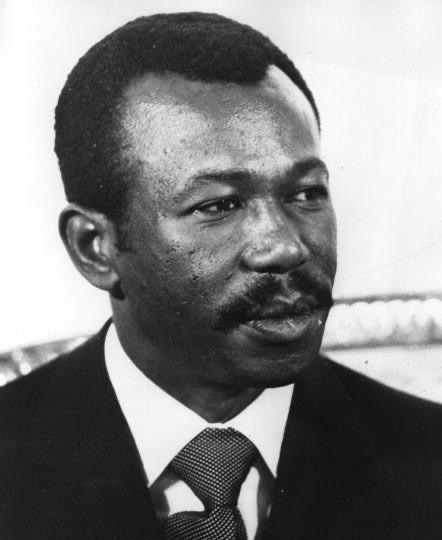
Mengistu’s leadership of the Derg regime was described in U.S. analytical and human-rights reporting as dictatorial and brutal, citing widespread abuses and systemic repression during Ethiopia’s Red Terror period.
7. Omar al-Bashir – Sudan (1989 – 2019)
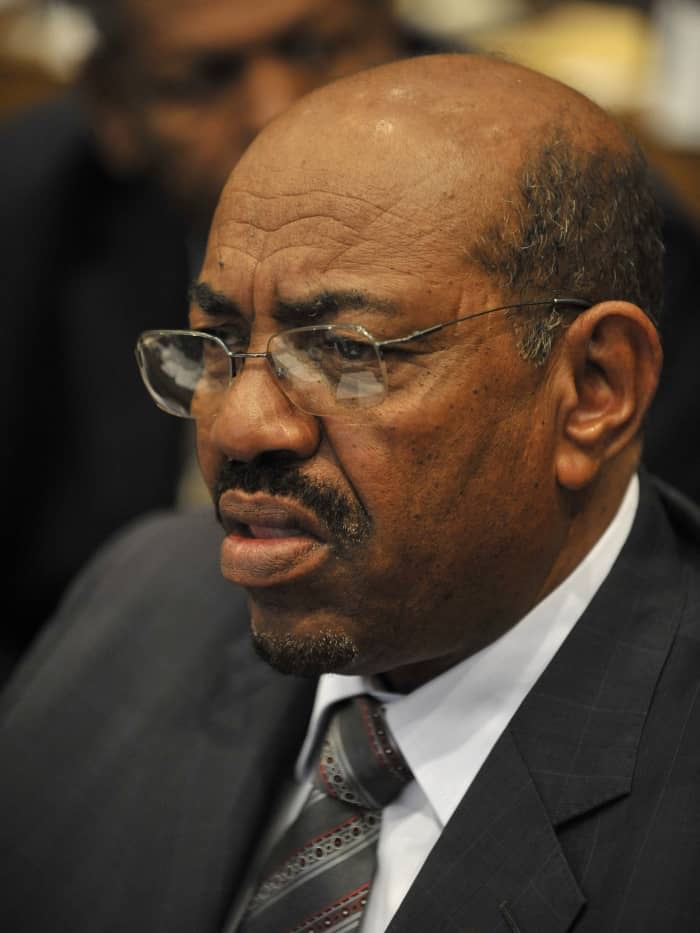
The U.S. designated Sudan a state sponsor of terrorism during part of Bashir’s rule and referred to his regime as dictatorial. His government faced sanctions while he later confronted International Criminal Court indictments.
8. Charles Taylor – Liberia (1997 – 2003)
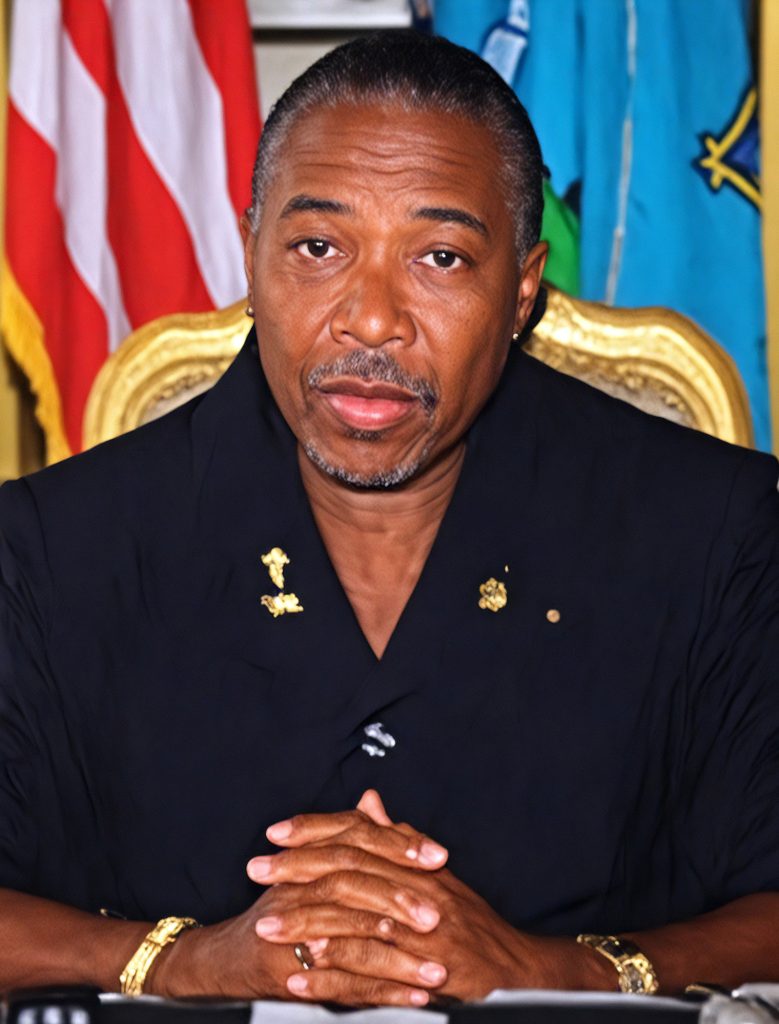
U.S. government records and major American media labelled Taylor a warlord-turned-dictator responsible for atrocities in Liberia and neighbouring states, leading to sanctions and his eventual international prosecution.
9. Teodoro Obiang Nguema Mbasogo – Equatorial Guinea (1979 – still in power)
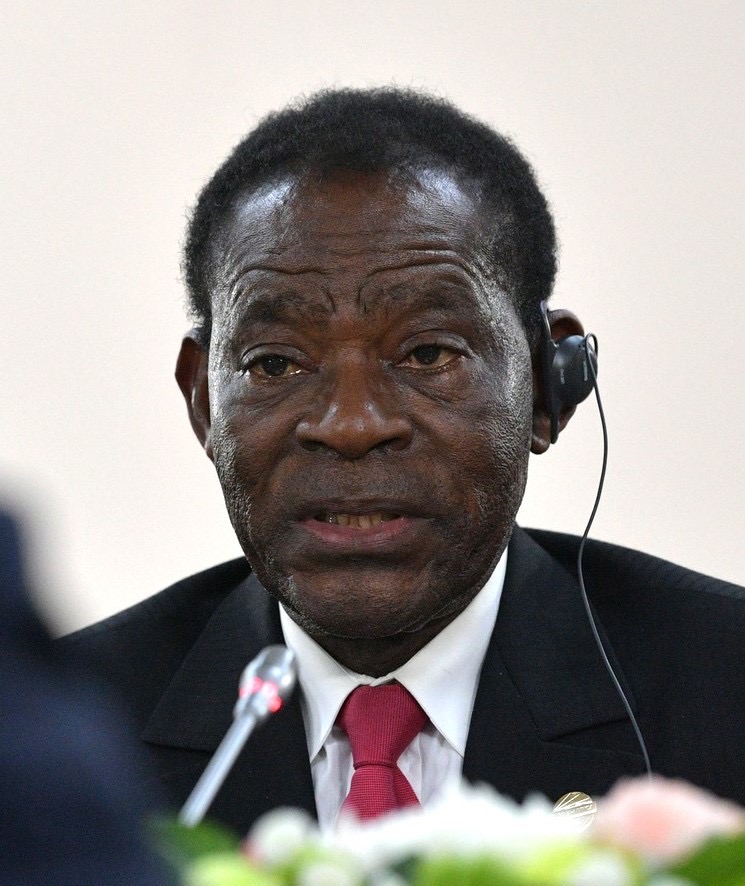
Obiang’s long rule has been described in U.S. policy analyses and human-rights assessments as authoritarian, prompting sanctions and restrictions against his family and political associates for corruption and abuses.
10. Yahya Jammeh – The Gambia (1994 – 2017)
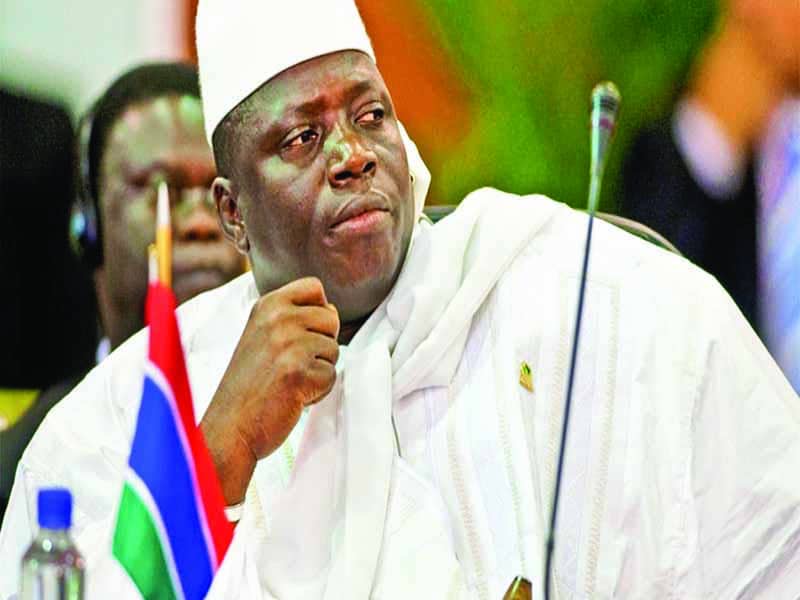
After his removal from office, the U.S. formally described Jammeh as a former dictator and barred him from entry, while supporting accountability measures for human-rights violations under his regime.
11. Jean-Bédel Bokassa – Central African Republic / Central African Empire (1966 – 1979)
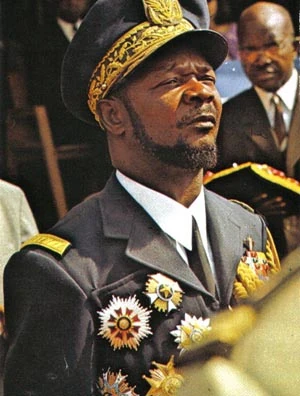
Bokassa was widely characterized by U.S. and Western reporting as a dictator, who later declared himself emperor, an act not recognized diplomatically by the U.S. or other major nations.
12. Laurent-Désiré Kabila / Later Joseph Kabila – DR Congo
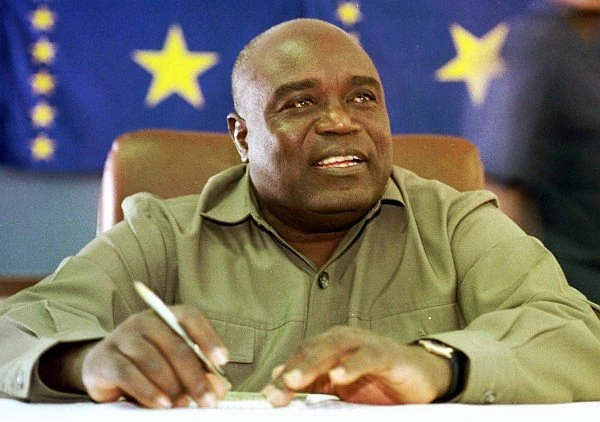
While varying in intensity, U.S. reporting and political analysis repeatedly described the Kabila administrations as authoritarian, particularly regarding electoral controversies and restrictions on political freedoms.
13. Omar Bongo / El Hadj Omar Bongo Ondimba – Gabon (1967 – 2009)
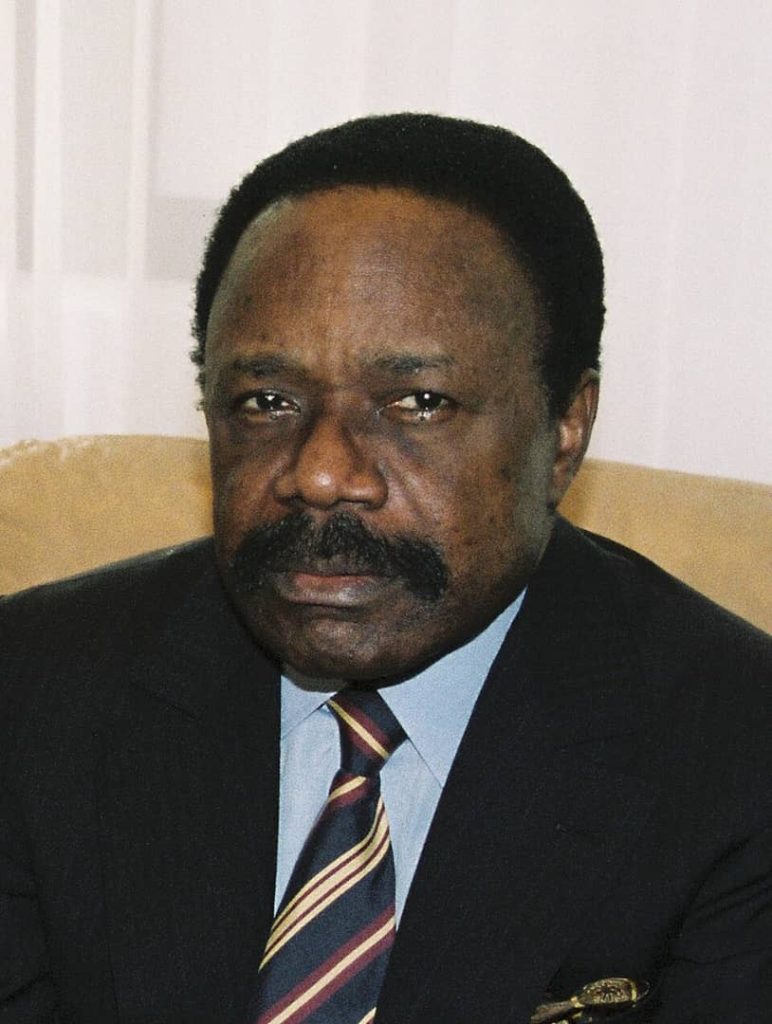
Although, Gabon maintained ties with Washington, U.S. media and analysts frequently referred to Bongo as a long-time autocrat due to prolonged single-party dominance and allegations of entrenched political control.
These classifications, while widely cited in U.S. documentation, remain subjects of debate among African scholars who argue that geopolitical interests, Cold War alliances and strategic partnerships often shaped America’s use of the term “dictator”.
Nonetheless, the historical record shows that each of these leaders was formally or informally labelled as authoritarian in U.S. policy circles.
EDITORIAL:
A short editorial analysis by - Wasiu Adekunle Adejumo || Editor-in-Chief || Premier World NewsThe Politics Behind the ‘Dictator’ Label - Who Really Defines Leadership in Africa?The classification of certain African leaders as “dictators” by the United States raises important questions about who gets to define political legitimacy in a global order shaped by power, diplomacy and historical interest. While many of the leaders listed were undeniably authoritarian, governing through force, repression and fear, Africa’s political reality cannot be fully understood through the lens of Washington’s foreign policy.For decades, the U.S. has relied on the language of human rights and democracy to frame its assessment of foreign governments. However, its use of the term “dictator” often mirrors geopolitical priorities rather than purely humanitarian concerns. Leaders who were strategically useful in the Cold War or War on Terror were, at times, treated with softer rhetoric despite similar governance patterns. Others, seen as adversarial or unpredictable, were labelled more aggressively.This raises a deeper question: Is dictatorship defined by conduct alone, or by the interests of powerful nations?
Africa’s political history shows a mix of real authoritarian abuses, Western interventionism, and local democratic struggles seeking balance.Today, as African citizens push for accountable governance and stronger democratic institutions, it becomes crucial to reclaim the narrative, not to excuse past brutality, but to ensure that Africa’s political identity is shaped internally, not externally. The challenge remains: separating the fact of dictatorship from the politics of labelling it.

